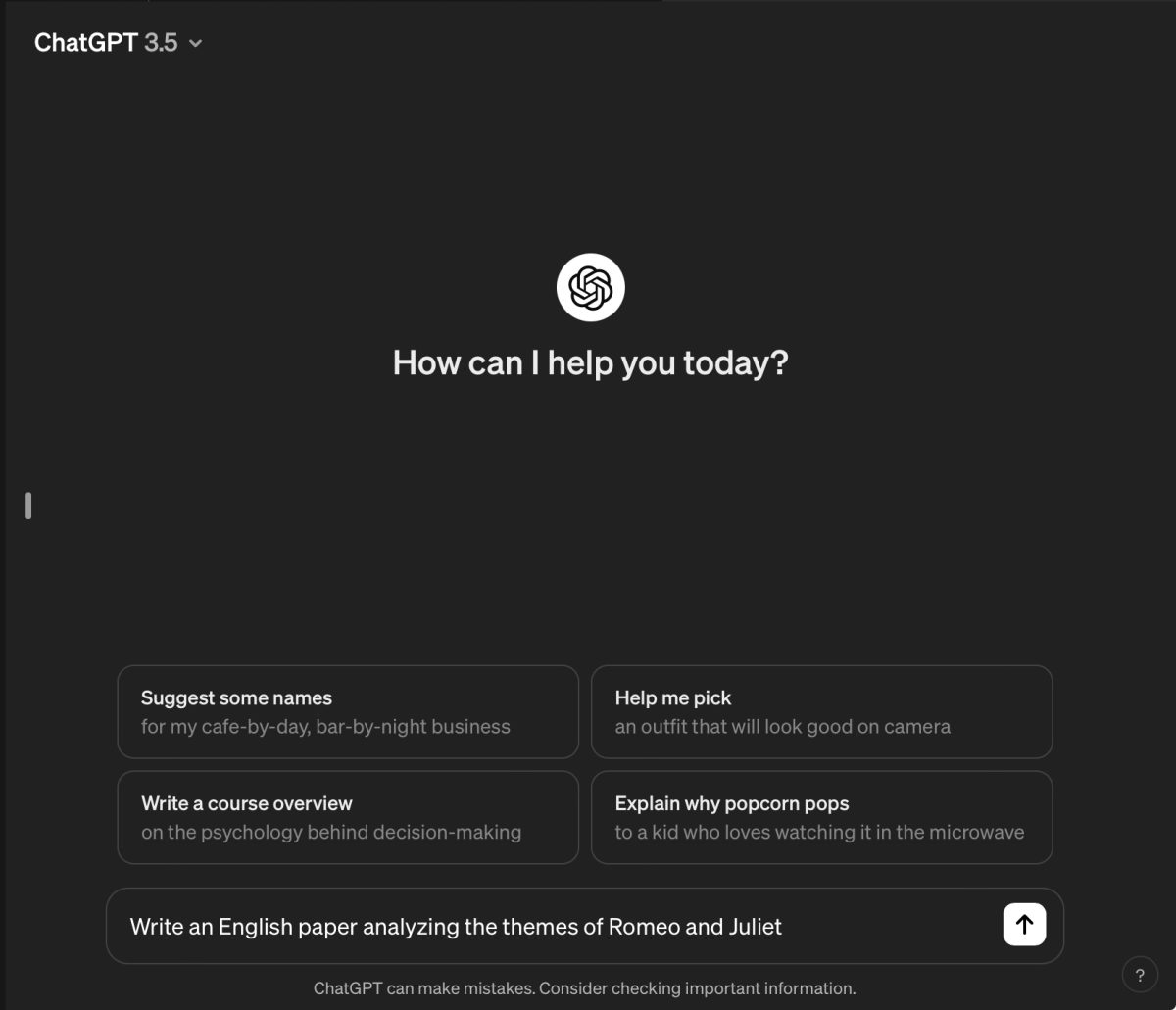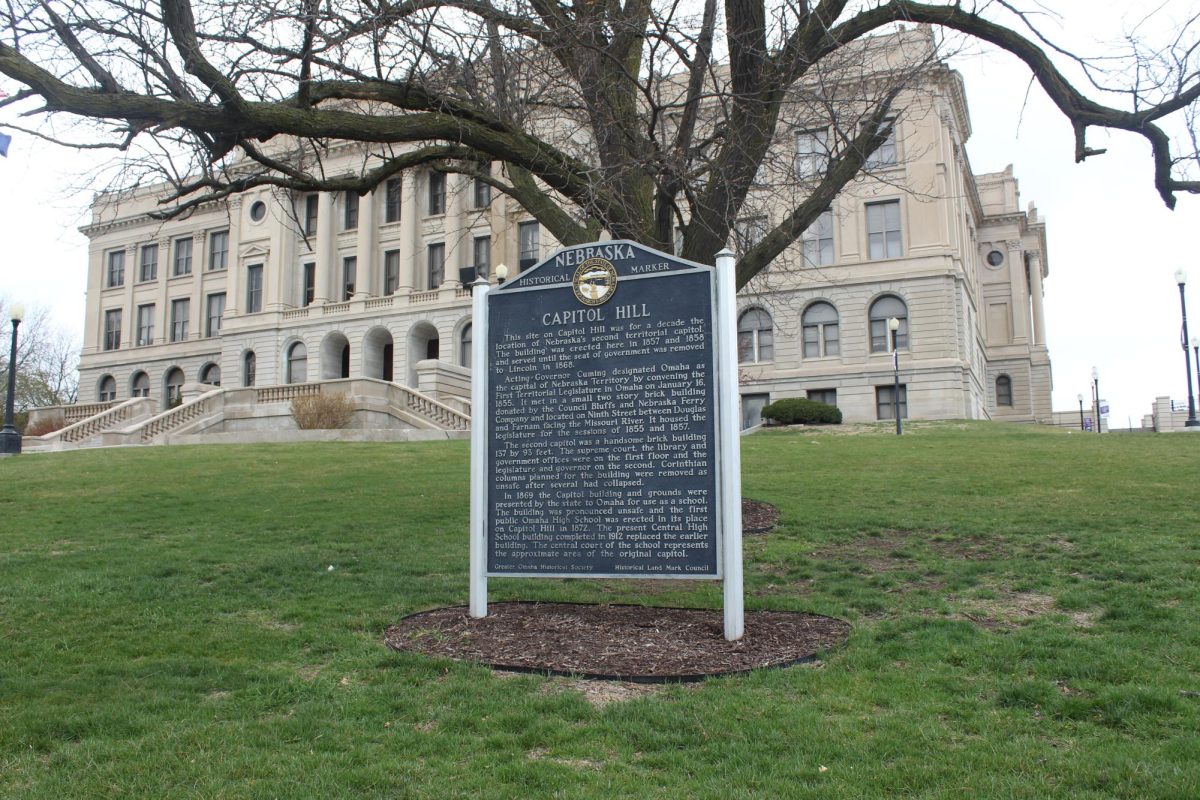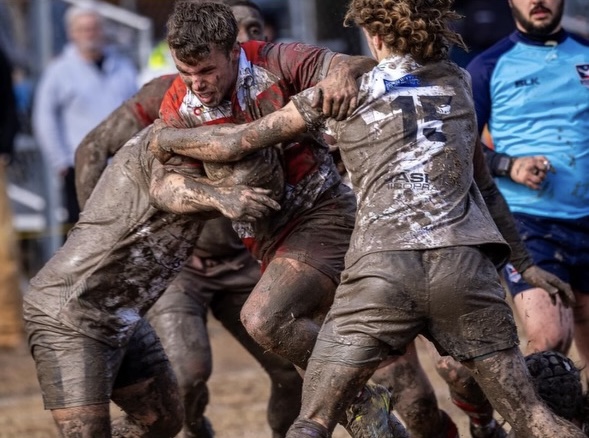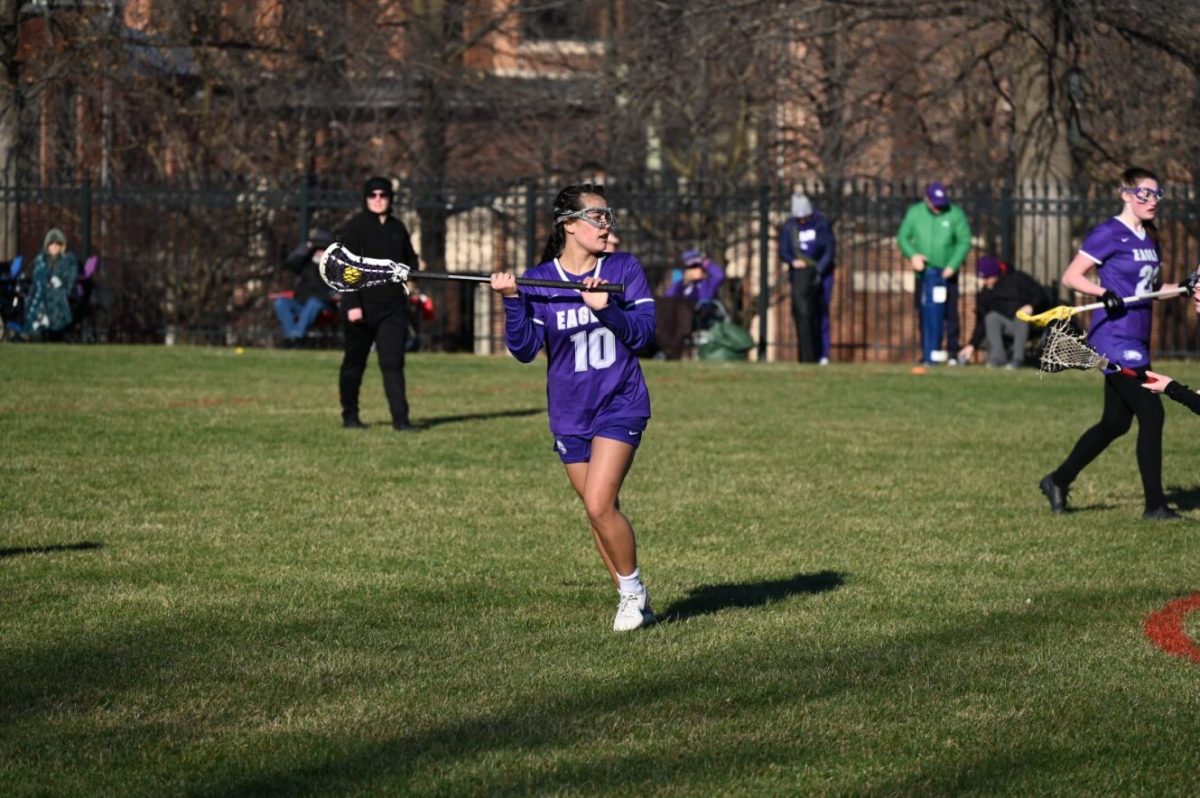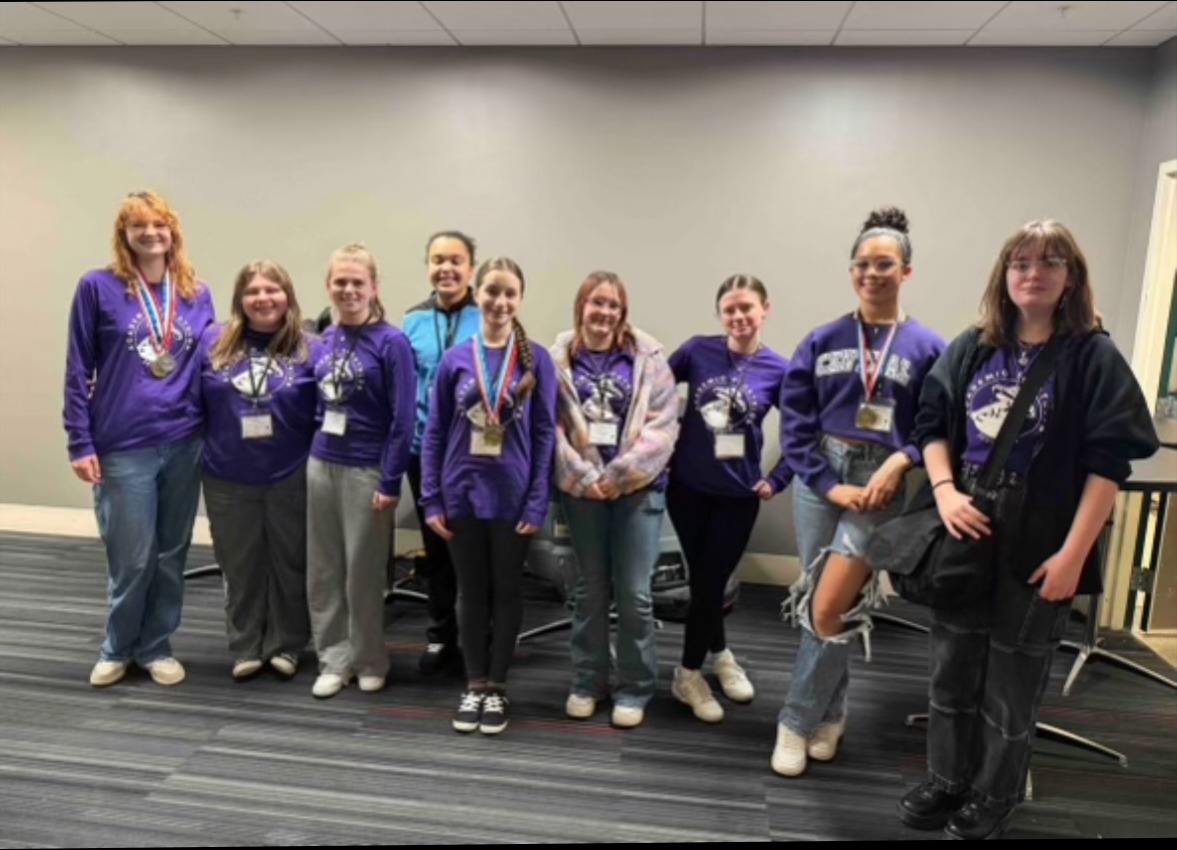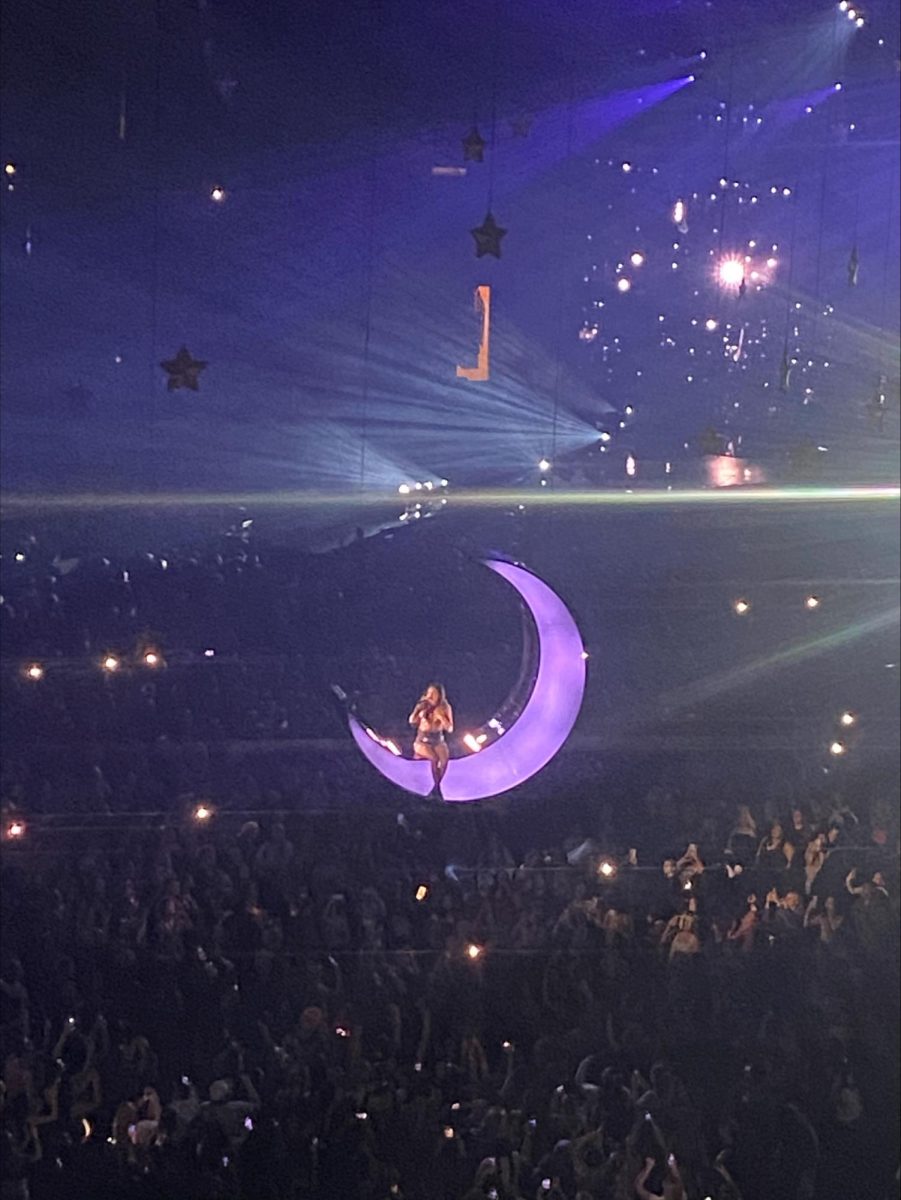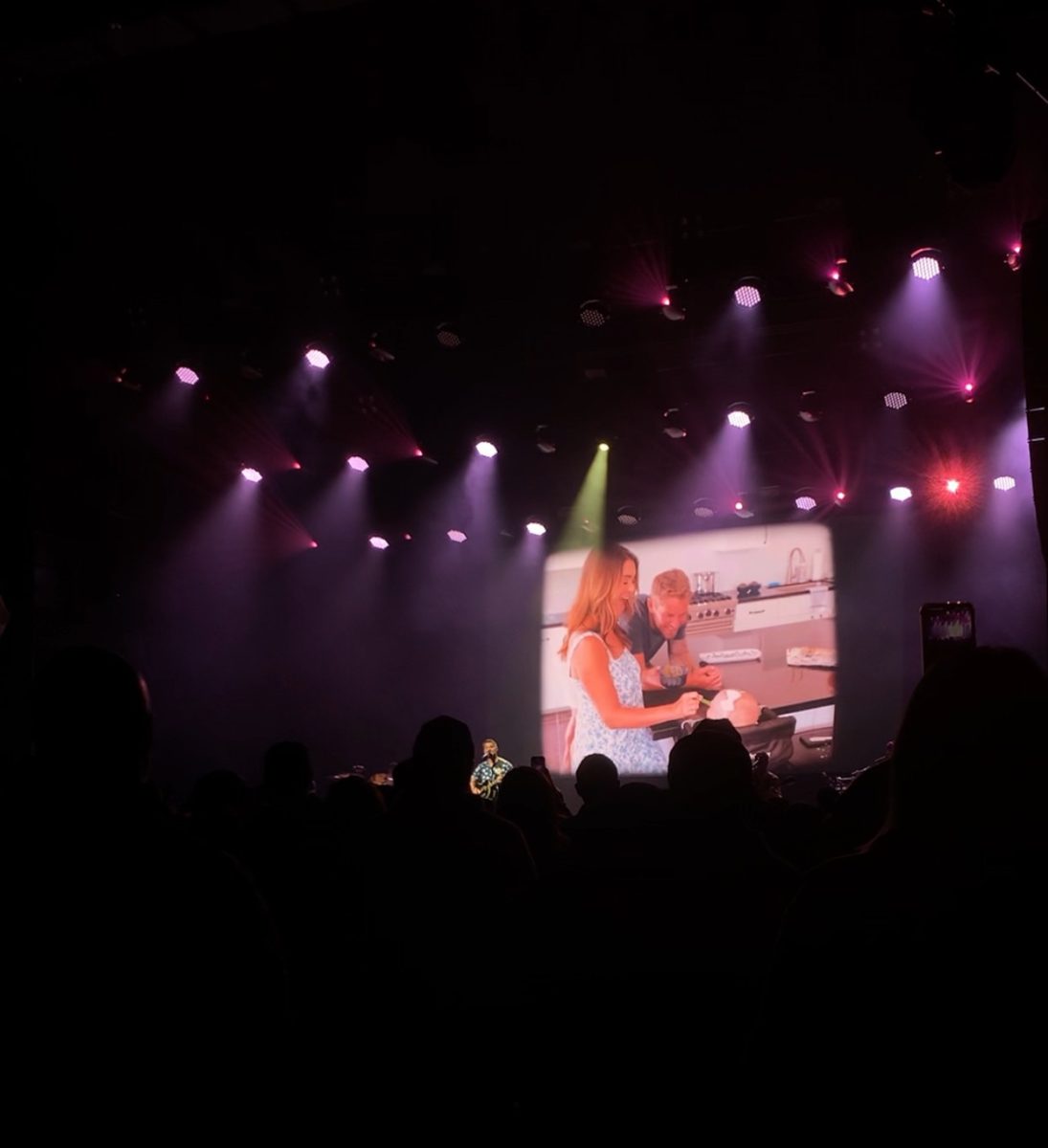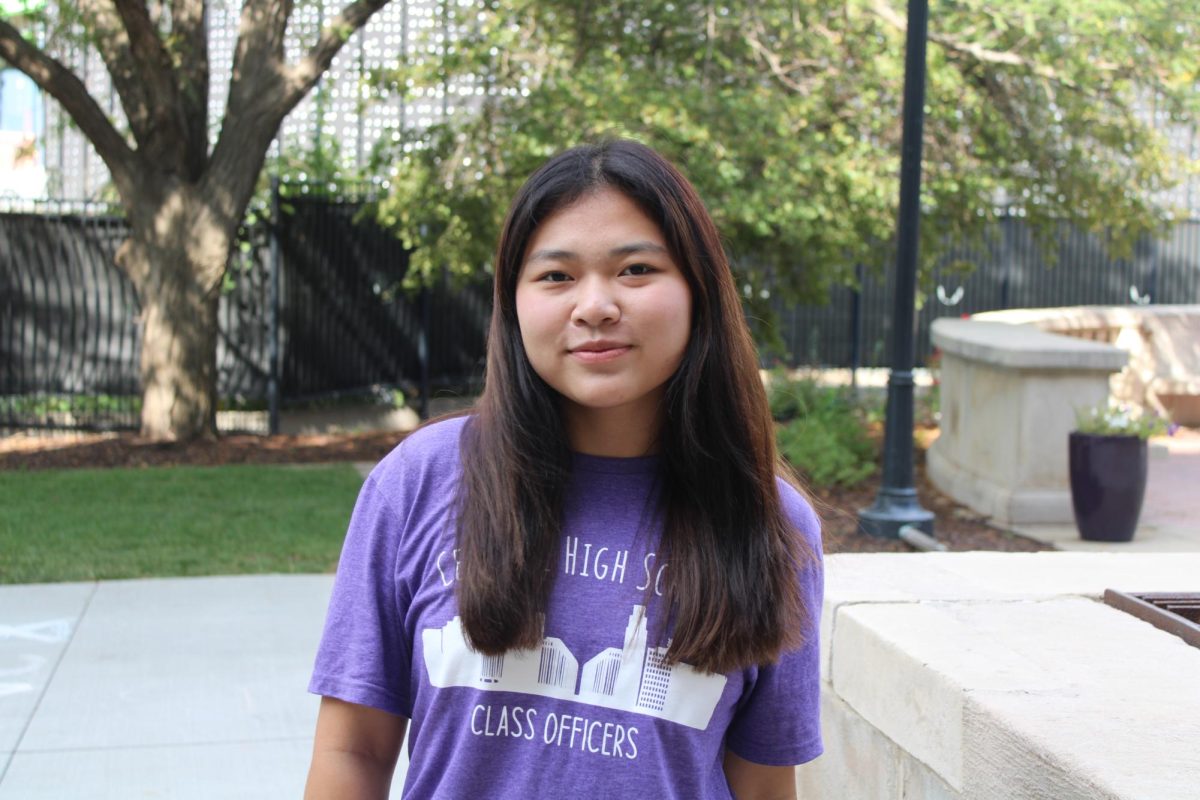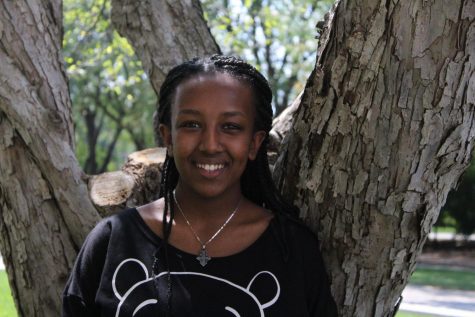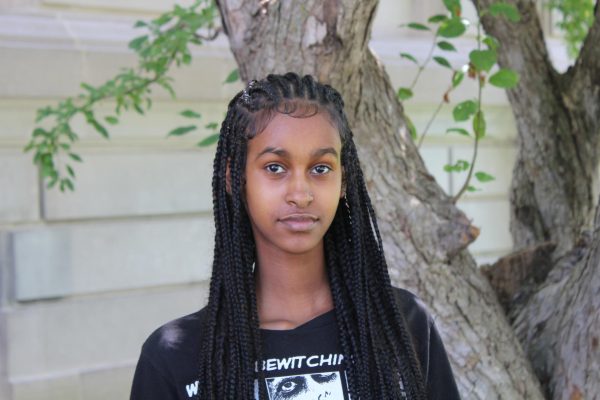Student does not allow past to define her
December 13, 2017
Nae Mae, a junior at central High School, has lived a life not many can relate to. She was born in a refugee camp in Thailand. Her parents and siblings were forced to flee their home in the Kayah state of Myanmar. At the age of ten, her, her parents, and siblings came to the United States. Although she has left the refugee camp, it’s made a lasting impression on her and her life plans.
Her parents left Myanmar in 1996 as a result of the Burmese government’s attack on their village. The Karenni people were one of the victims of the Burmese government’s ethnic cleansing. According to Nae Mae,” It was really hard because they had no source of food or shelter, and there were a lot of diseases like Malaria.” These difficult conditions almost killed her older sister who was a baby at the time of her family’s evacuation. Even after settling into the refugee camp in Thailand, their challenges did not end. The camps got minimal government assistance and funding. Nae Mae was born in Thailand during the colder months of the year. She lived in the refugee camp for ten years. While describing the camp, she said “there was no electricity at all and we were living in poverty.” She also said there was no indoor plumbing. Residents had to walk a long distance to find water for bathing, drinking, cooking, and other necessities. They lived in bamboo houses made by themselves. One of the biggest issues faced by Karenni refugees living in Thai refugee camps is access to work opportunities. Nae Mae said that many people grew their own gardens to avoid having to buy fruits and vegetables. The only government rations were rice and oil. Refugees could not work because they didn’t have work identification which led to their continued poverty in the refugee camps.
Another huge issue in the refugee camps is the state of their schools. Mae describes it saying, “Our schools were set up where we had to sit on the ground in a bamboo house, every year they gave us a small notebook and 4 pencils. Our education was not formal at all.” They learned Burmese, some basic English, and other classes that weren’t as focused on a certain topic. The first time she got what was considered a formal education was when she came to the united states as a third grader. Because of her untraditional education, she was behind the rest of her classmates and had to work hard to catch up.
Nae Mae’s experiences in the refugee camp have left a lasting impression on her and her plans for the future. She hopes to one day return to Myanmar and the camps to help her people. She wants to improve access to health facilities. Many people who had health issues had to walk “miles and miles on the way to a clinic.” After high school, Mae wants to go to college to become a doctor and get funding to set up health care facilities in her country. She also plans on trying to improve education for the Karenni people, both in refugee camps and in Myanmar. She credits Central’s academic rigor for helping her to prepare for college and to accomplish her goals.

